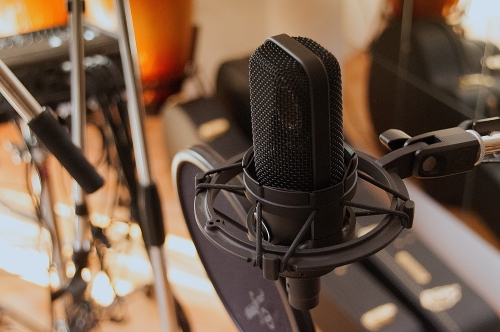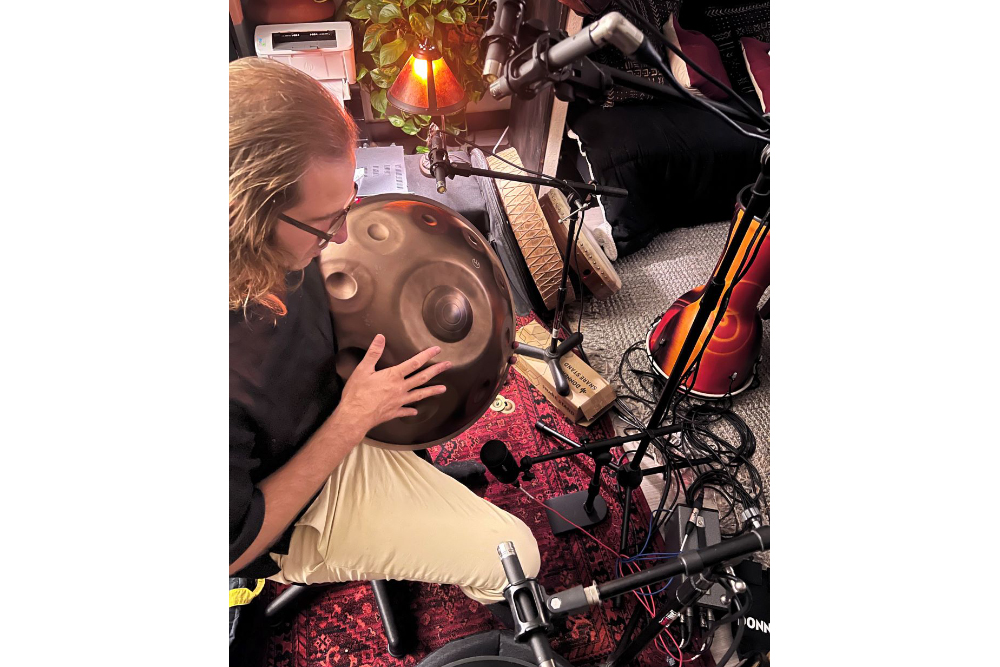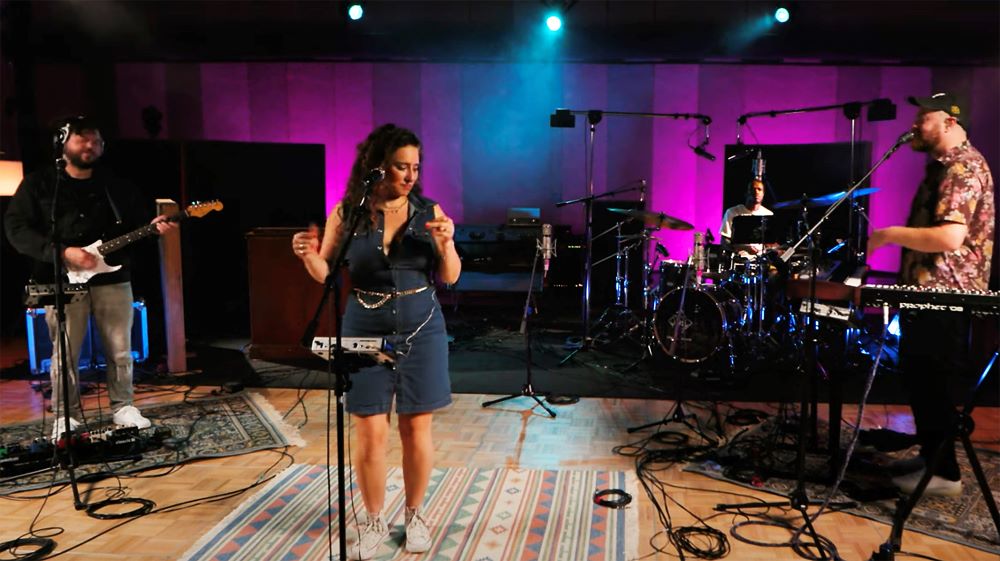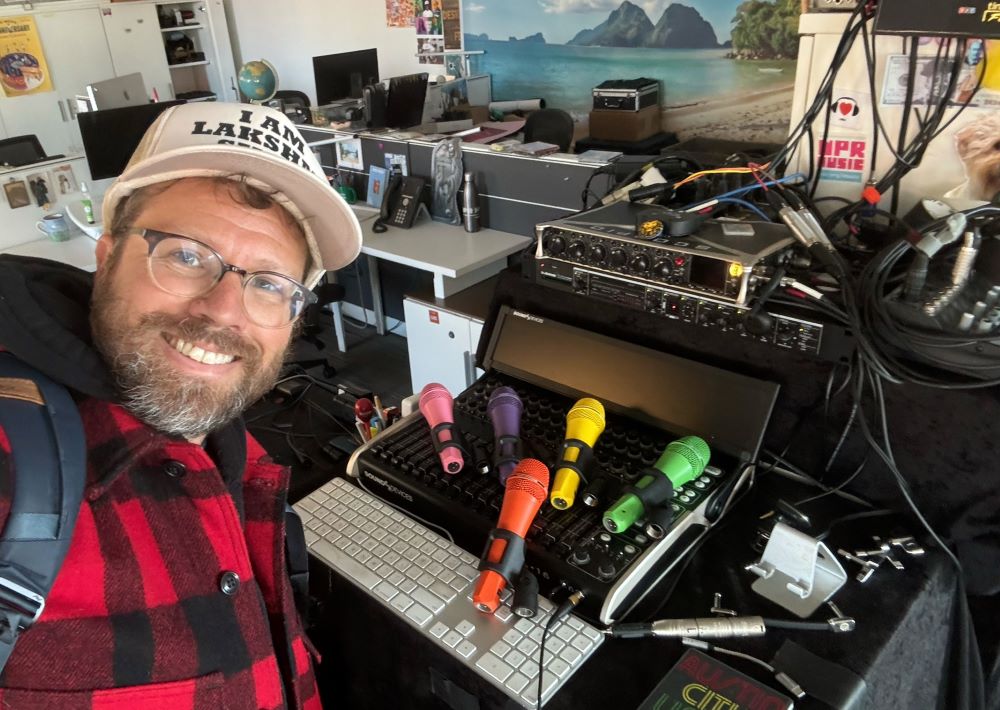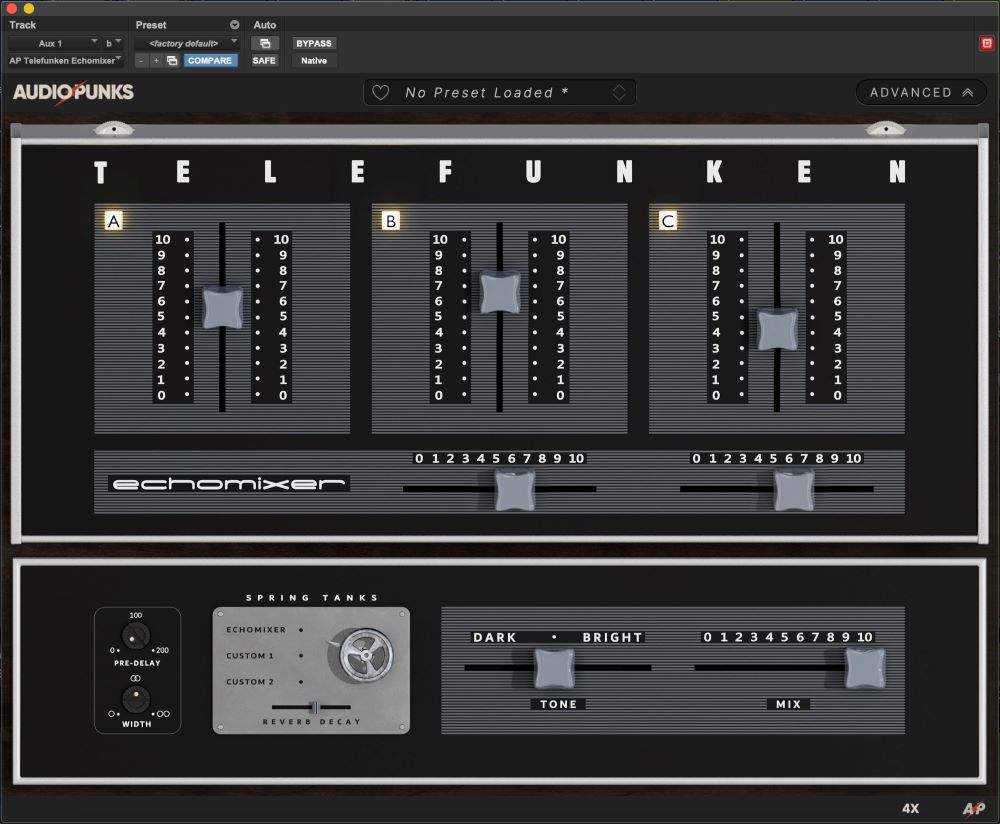When folks talk of churning away the hours in the studio, images of sitting behind a console and turning knobs comes to mind. Yep, that’s part of the job, as is juggling faders and cables, as well as intense listening and tweaking of sounds.
However, for those planning to make a career as a recording studio engineer, there are other skill sets that can help set you apart in this demanding field. I’ll mention five here, in no particular order, that I really feel every engineer should, at the very least, have a basic knowledge of.
Learn To Fix Cables
I’m sorry, but every audio guy and gal needs to know how to repair and/or make cables from scratch. Period. Understand balanced and unbalanced connectors and know how to make or repair their connections.
Cables go bad in the studio all the time. All the hooking up and putting away of cables puts stress on the copper braids and the connection is broken. It’s a simple fix that can save you time and money.
Learn to solder! Plus, making custom cables for your system is not only rewarding but also puts you more in tune with your set-up.
Understand Basic Electronics
Now, I’m not saying that you should know how to build a compressor to be an audio engineer, but understanding the basic principles that move your audio from point A to point B can give you a deeper insight to what’s happening with your signal.
You read all the time about “transformer balanced,” caps,” “iron,” etc. when checking out gear. It can only help to actually know what that means. It also increases troubleshooting ability and studying up on a little basic electronics could also be the inspiration to go further with it and design stuff of your own or get into studio tech support, which is a lost art in itself.
Learn Some Musician Lingo
Working with professional musicians can get a bit confusing if you don’t speak their language. You don’t need to be a musician to be a good engineer but knowing what they mean when they say the “B section” or “punch me in on the quarter rest” makes life a lot easier.
If you’re inclined, take a music theory class. If the session involves a lead sheet and chord charts, you’ll be able to follow right along as the song progresses and it makes punches and edits a breeze.
Learn The Various Parts Of Instruments
No, I’m not saying learn to play their musical parts (although that can sometimes speed things up LOL), but understand how various instruments generate their sound…. knowing how to set up a drum kit, how effect pedals are generally patched, how the organ works, that sort of thing. Again, anything you can learn about how the sound is being generated will only enrich your engineer prowess.
Know How To Make A Good Pot Of Coffee
This one needs no further explanation! Caffeine is one of the four food groups of recording, after all.
As always, Happy Tracking.
Read and comment on the original article here.
Audio engineer and instructor Scotty O’Toole serves as senior staff engineer at Omega Recording Studios where continues to work on great sessions as well as share his experience with students.


